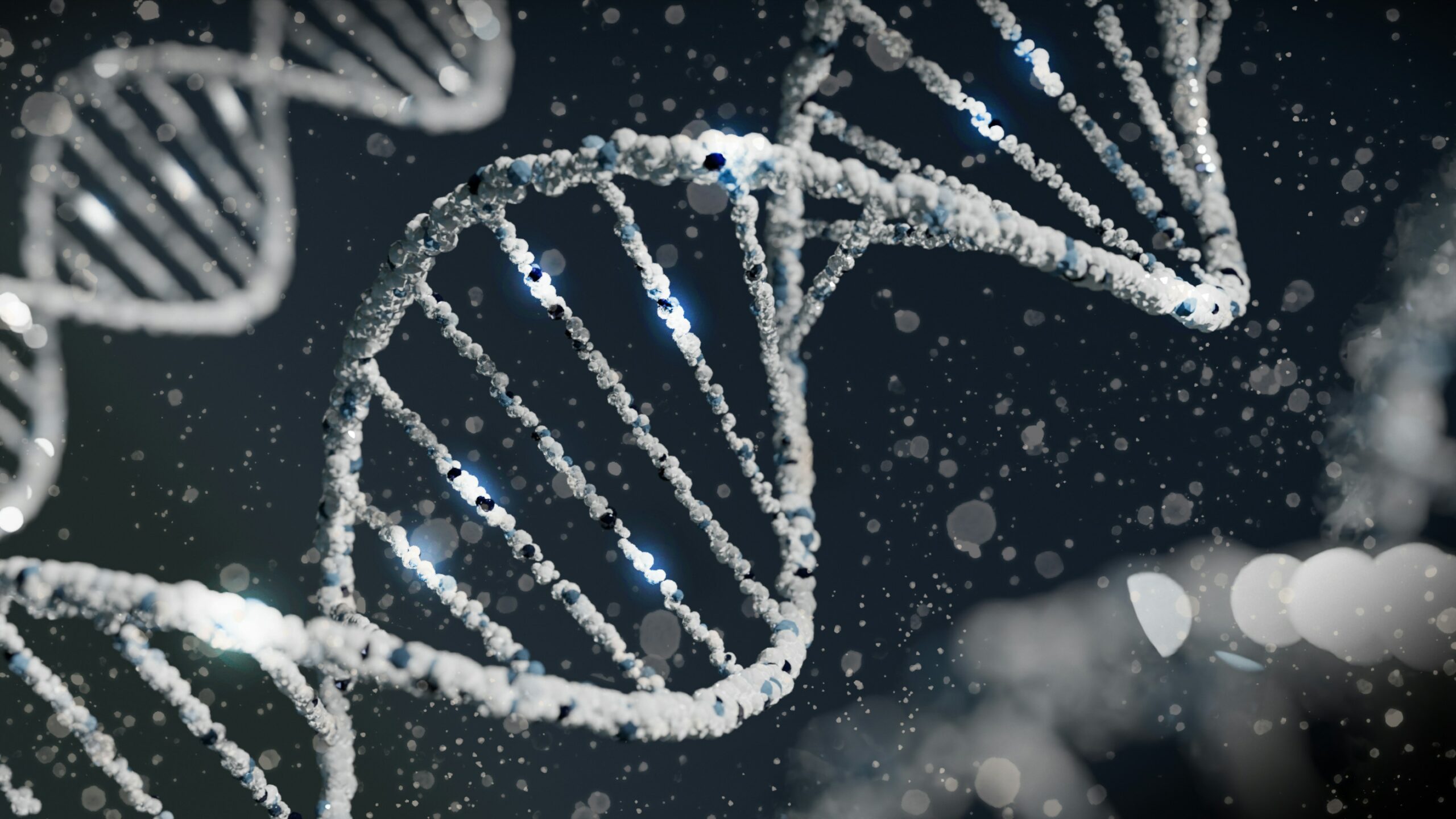What is in the NATO strategy on the use of biotechnology

NATO has published the first international strategy on biotechnology. Like artificial intelligence, biotechnology has significant and untapped defense applications. All the details
NATO launches strategy on the use of biotechnology.
“Faced with the exponential growth of biotechnological discoveries and their expected impact on defense and security, NATO positions itself as an ethical leader on biotechnology and human enhancement technologies, adopting an informed, values-based and gender-conscious strategy” . The Atlantic Alliance itself reports this, adopting the first international strategy to govern the development and responsible use of biotechnologies and human enhancement technologies.
“Biotechnologies and human enhancement technologies have been identified as a priority emerging and disruptive technology in 2019” recalls NATO. Without forgetting that biotechnology applications have the potential to significantly alter geopolitical dynamics.
As The Hill noted at the Munich Security Conference, biotechnology development, applications and manufacturing are emerging rapidly, with a speed that replicates the extraordinary growth of artificial intelligence over the past decade. And like artificial intelligence, biotechnology has important and untapped defense applications.
All the details.
THE OBJECTIVE OF NATO'S BIOTECHNOLOGY STRATEGY
“The objective – we read again in the NATO statement – is to embrace these emerging solutions in a legal and responsible way, while developing a relationship of trust with innovators and the public and protecting the Alliance from the improper use of these technologies by part of strategic competitors and potential adversaries.”
The implementation of the strategy will take place in full compliance with international law and existing protocols and practices, especially in the field of bioethics, underlines the Atlantic Alliance.
FIELDS OF APPLICATION
The application of biotechnological solutions will be in line with the defensive nature of NATO, specifies the Alliance.
This can range from the possible use of biosensors to improve the detection of biological and chemical threats, to the development of wearable health technology devices and other biomaterials that can help protect and treat military personnel.
According to the note, expert research on the opportunities and challenges related to such applications will begin in the coming months.
THE SCENERY
A report released earlier this year by the Congressionally mandated National Security Commission on Emerging Biotechnology emphasized that “we can envision a future in which our warfighters are fed, supplied, equipped, protected, and healed on the battlefield, all thanks in part to biotechnology". The report added that “this is not science fiction; the research is taking place today."
Biotechnology can increase the resilience of the supply chain and reduce dependence on hostile states, offering alternative means to produce chemicals and materials that militaries use every day. Furthermore, biotechnology offers the promise of creating products and materials that will be much more effective and efficient than their current counterparts.
THE CHINESE RACE
The Hill also underlines how China has understood this reality for some time. Beijing is investing billions of dollars in research and development of specially designed biotechnology to give its forces unique advantages on the battlefield. China has mobilized both the military and non-military sectors, blurring the lines between military and civilian biotechnology applications, just as it has done in so many other fields.
BIOTECHNOLOGIES ALSO AT THE CENTER OF NIF
In addition to the strategy recently launched by the Atlantic Alliance, biotechnology is also at the center of the NIF, a fund to support startups that are building strategic technologies for NATO's defense and security objectives.
At the Madrid NATO summit in June 2022, member countries launched the NATO Innovation Fund (Nif), the world's first multi-sovereign venture capital fund. Last July the 23 NATO allies selected the investment team to manage the new venture capital fund.
The fund, which is based in Amsterdam, the Netherlands, will focus on sectors such as artificial intelligence, space and biotechnology and will face restrictions on investments in weapons. “There is a lack of risk capital for deep tech, especially in Europe,” David van Weel, NATO assistant secretary general for emerging security challenges, explained to the Financial Times . “We wanted to provide more capital from our side to invest in these companies, to prevent them from having to turn to Chinese investors.”
IN COLLABORATION WITH DIANA
Finally, the NIF is a complementary initiative to the Diana (Defense Innovation Accelerator for the North Atlantic), launched in June 2022 by NATO leaders in an effort to keep pace with technological advances and cyber challenges posed by adversaries such as China and Russia . As stated on the website , Diana and the NIF are two legally separate entities. Diana is governed and funded by all 30 allied countries, while the NIF will be governed and funded by its participating nations.
In December 2022, Diana's board established three priority areas for the startup accelerator's work on emerging and disruptive technologies, forming the "backbone" of its strategic direction for 2023. Diana will focus on big data , artificial intelligence (AI), quantum computing, biotechnology and human enhancement, energy and propulsion, new materials and advanced manufacturing, hypersonics and space, particularly where they are dual-use (commercial and defense).
This is a machine translation from Italian language of a post published on Start Magazine at the URL https://www.startmag.it/innovazione/cosa-ce-nella-strategia-nato-sulluso-delle-biotecnologie/ on Mon, 15 Apr 2024 14:15:51 +0000.
